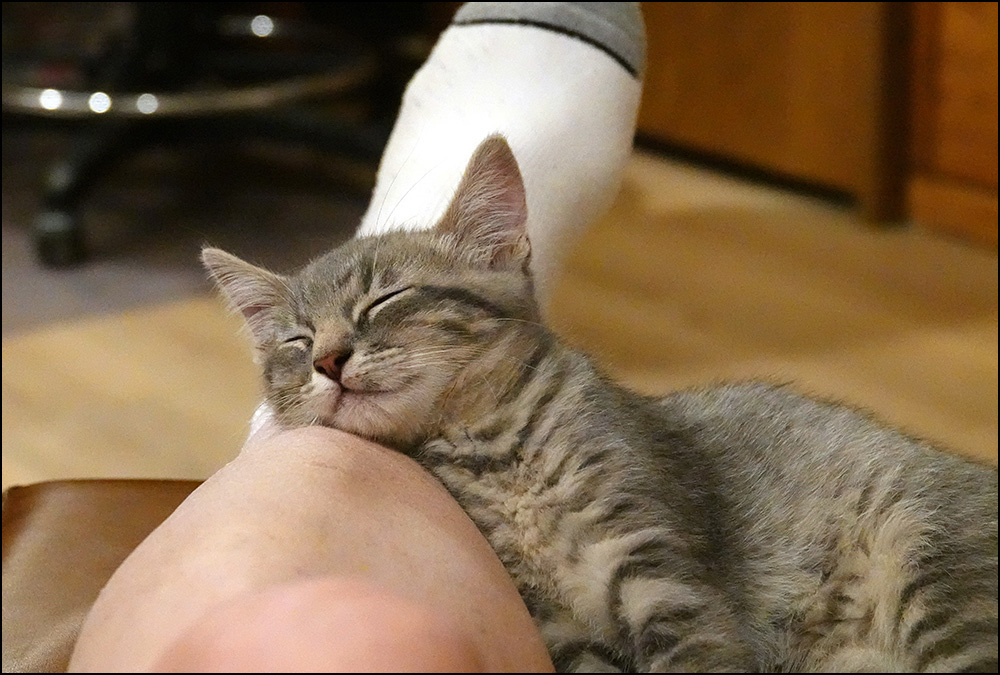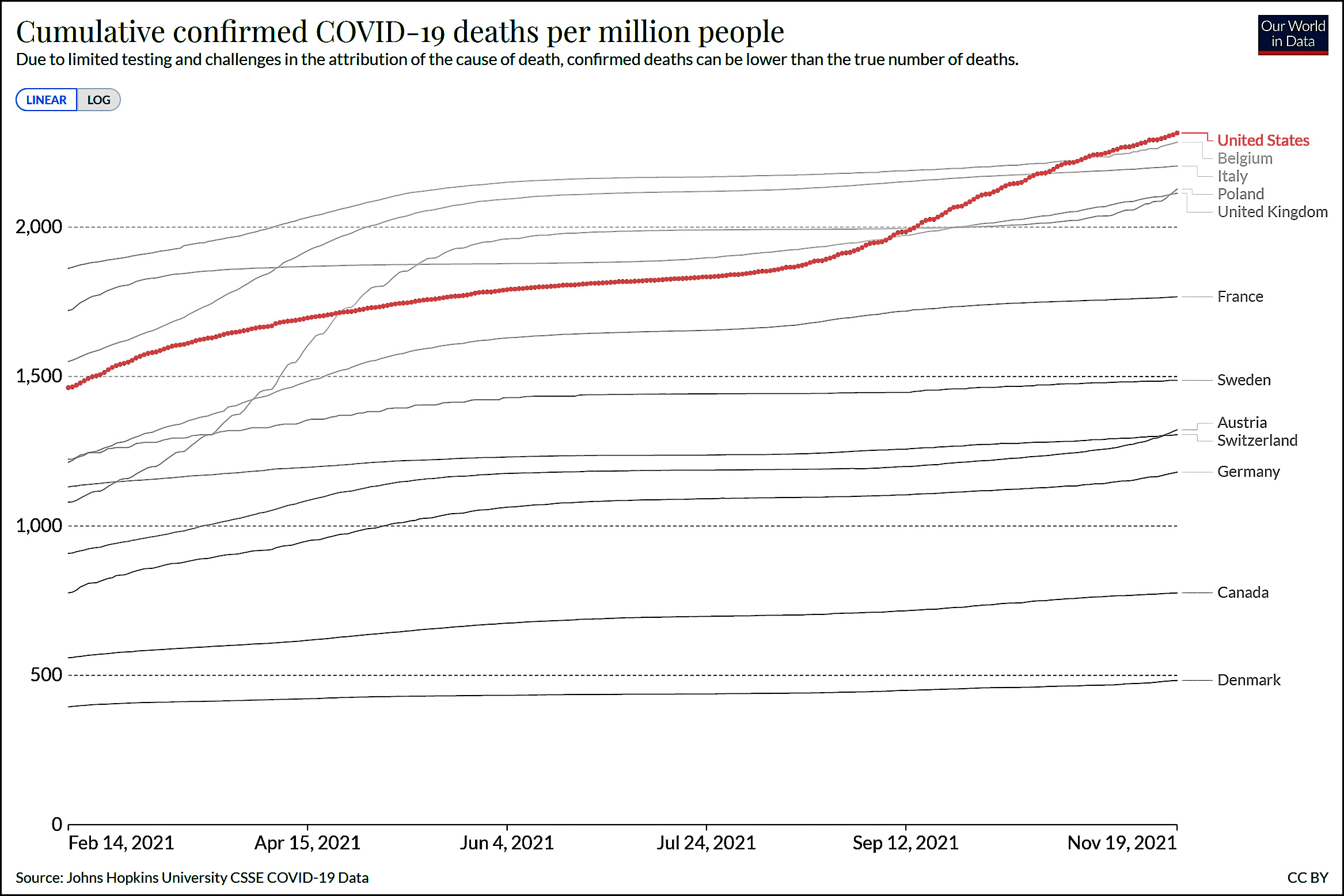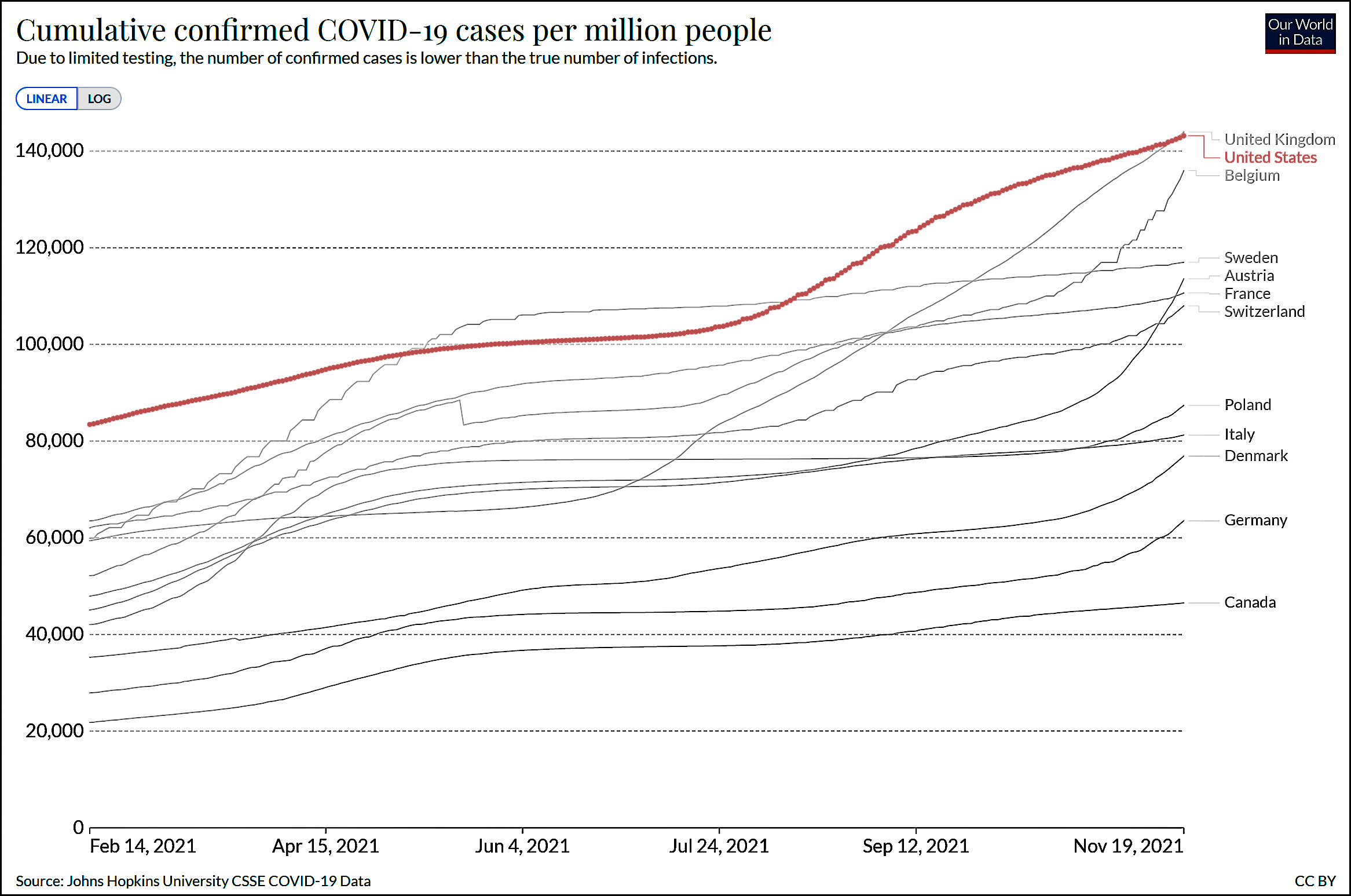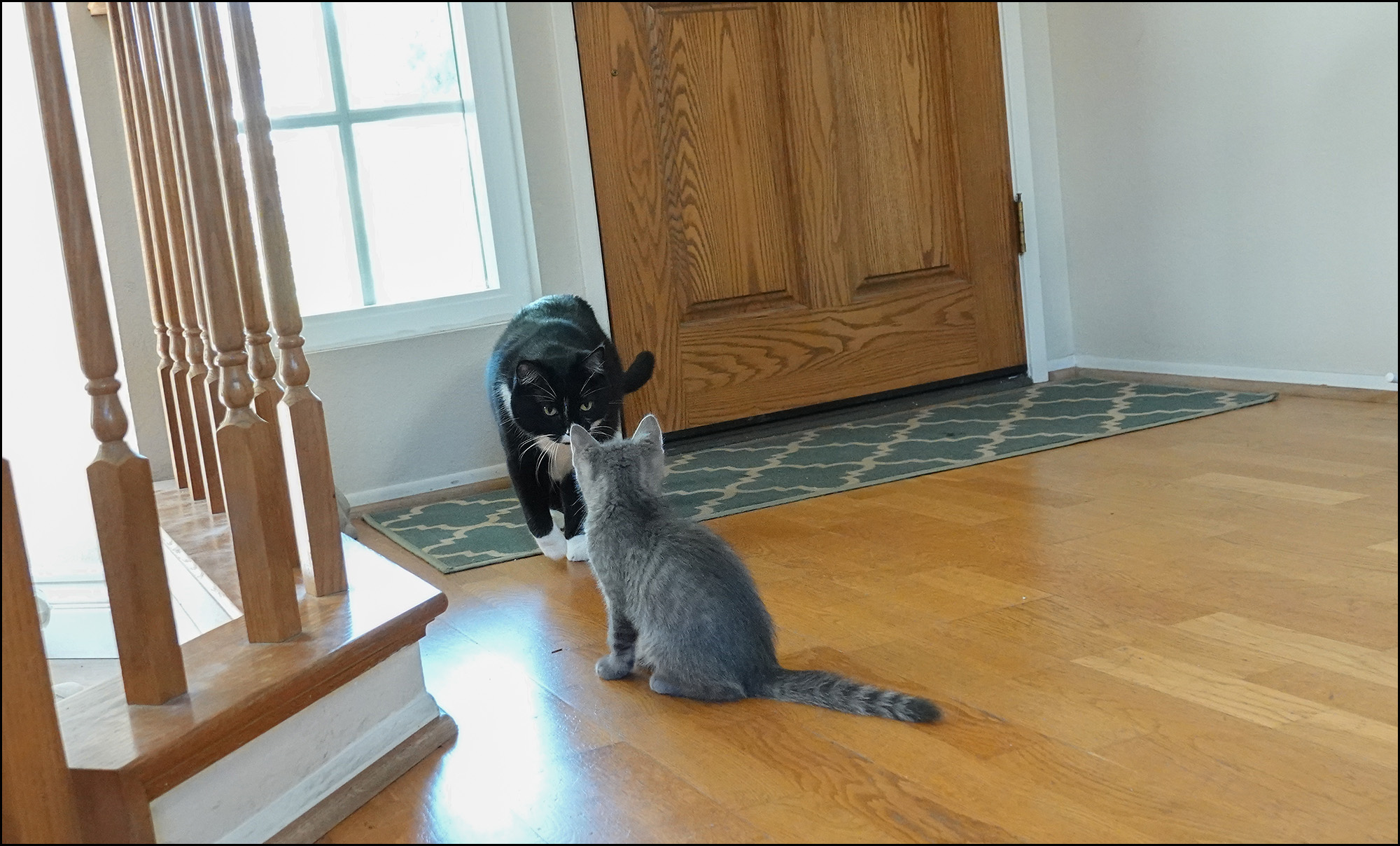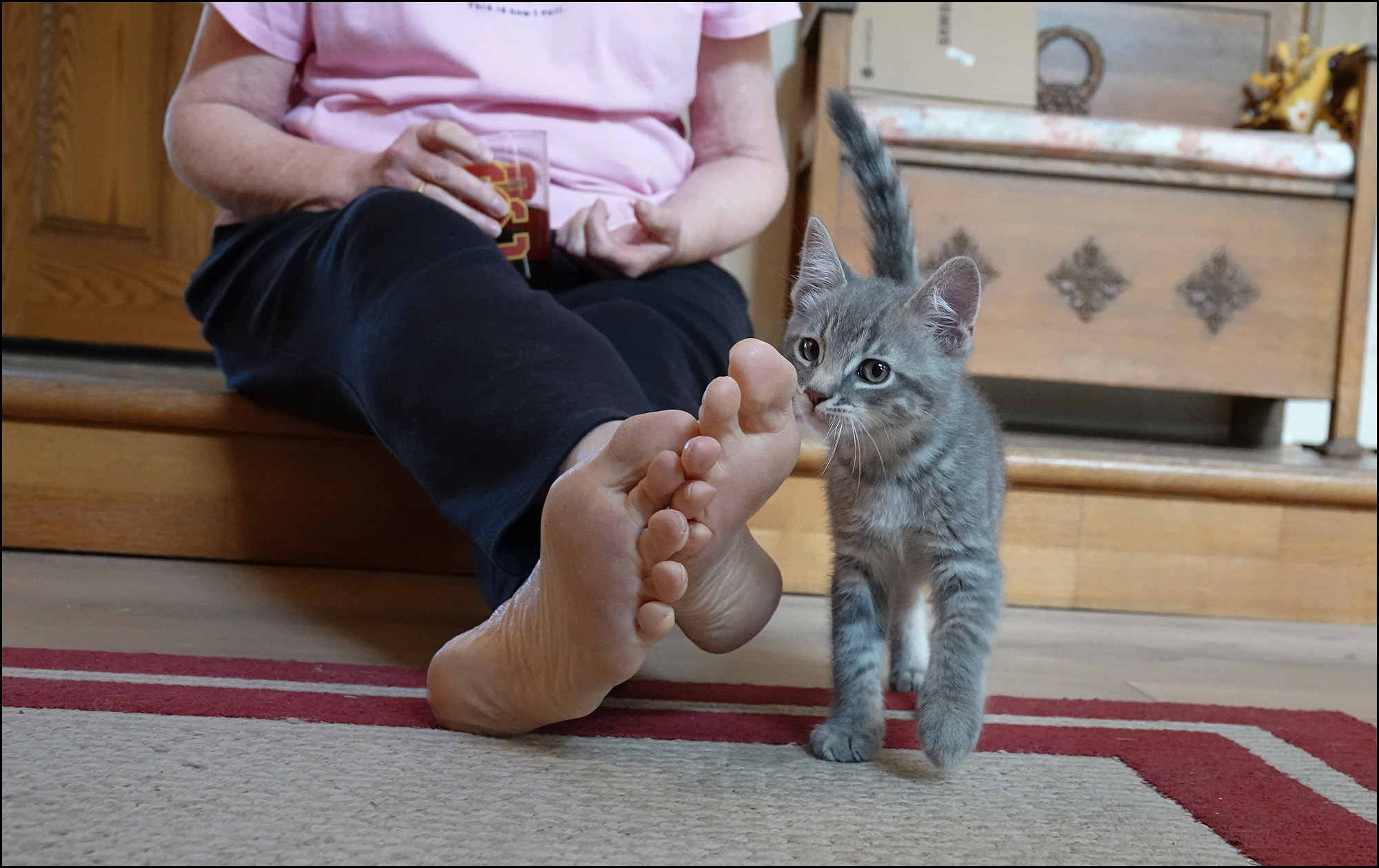The Kyle Rittenhouse case was genuinely complicated and could have gone either way. Conversely, the Ahmaud Arbery case is genuinely simple: a bunch of armed white vigilantes chased an unarmed Black guy and then shot him when he fought back against them.
I haven't followed the trial—which, yes, means I should probably shut up—and I've been wondering all along just what the defense could possibly say about all this. Closing arguments are now underway and the Washington Post provides a quick summary:
The defense has argued that the McMichaels and Bryan were carrying out a legitimate citizen’s arrest in a neighborhood on edge about crime. The McMichaels have said they recognized Arbery from surveillance footage and an in-person encounter at an under-construction home that Arbery entered several times in the months leading up to the shooting.
A citizen's arrest? For a guy who was just jogging on the street and never did anything even remotely illegal? I guess those of you who have followed the trial know all about this, but it barely even seems like a defense to me. A jogger can hardly be said to be fleeing the scene of a felony, after all.
All I can say is that these guys better be convicted. There's just no way they can be let off for what they did.

